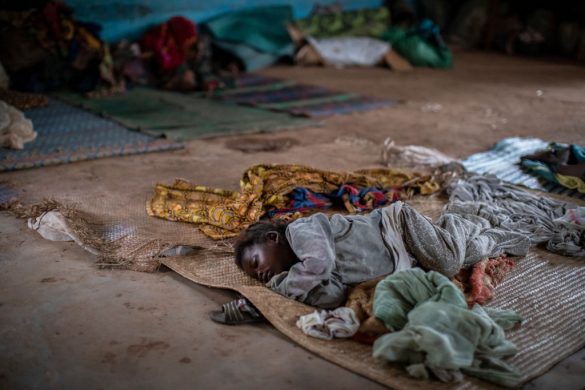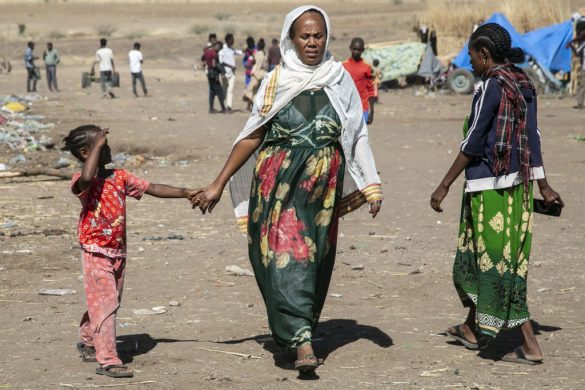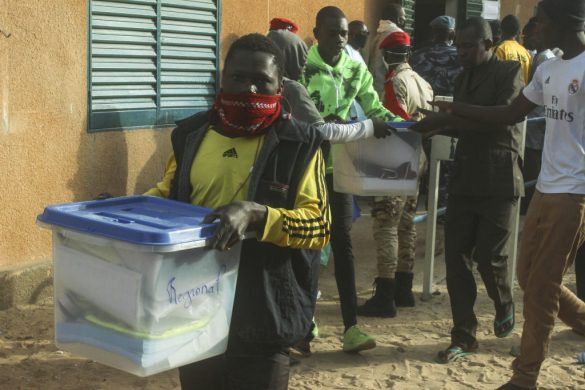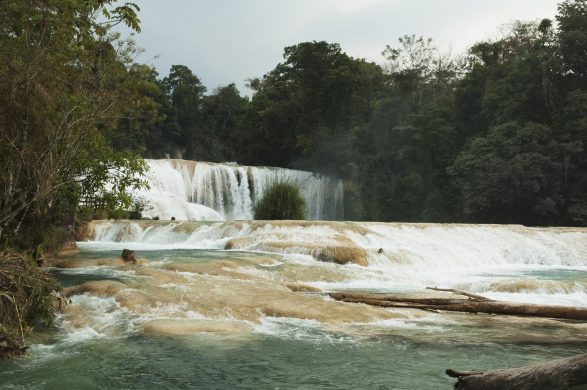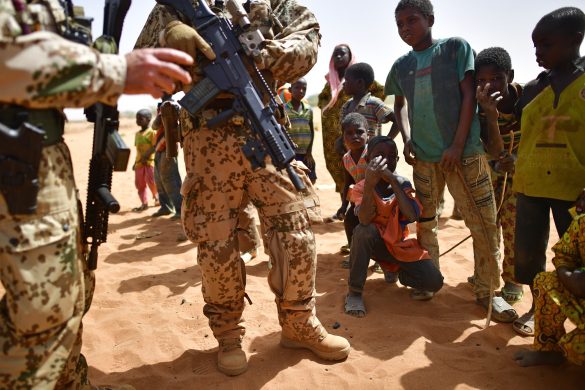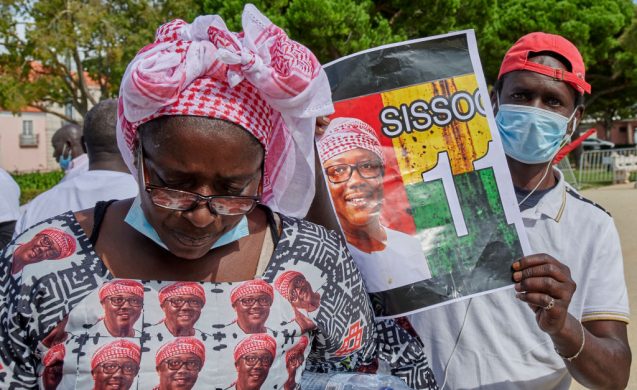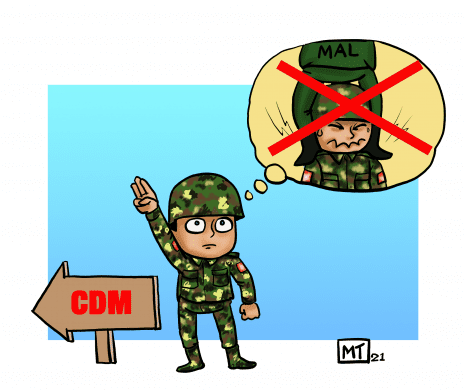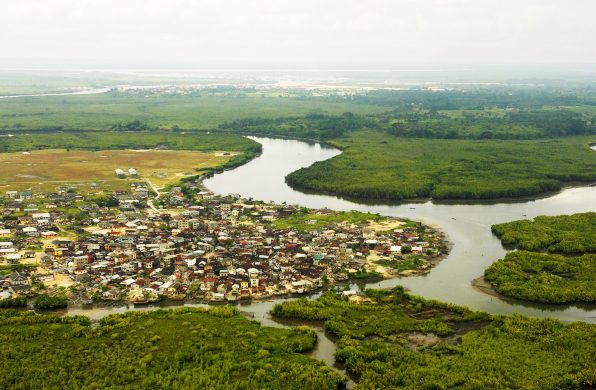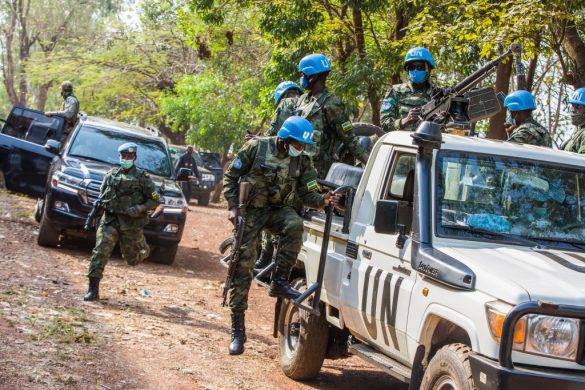Bangui, 6 August 2018 (OCHA): In the first half of 2018, the protection cluster has recorded 6,629 protection incidents in the Central African Republic (CAR). In the same period, 5 humanitarian actors have lost their lives while on duty. A sixth humanitarian staff was killed on 1 August in Alindao, in south-eastern CAR.
The number of incidents against aid workers has nearly doubled between the first and second quarter of 2018, from 63 to 118, for a total of 181 incidents. This is one incident each day.
This widespread insecurity and the incidents that directly affected humanitarian actors and assets have led to the temporary suspension of activities of 15 organizations from April to May in a dozen localities in the sub-prefectures of Batangafo, Kaga Bandoro, Kabo, Bambari, Ippy, and Bria.
The number of robberies, burglaries and looting has more than doubled (81 cases) compared to the first quarter (37 cases).
2.5 million people in need of humanitarian assistance
The Humanitarian Coordinator, Najat Rochdi, condemns in the strongest terms these despicable acts.
“Humanitarian staff and goods are not a target. I am appalled by the outbreak of violence against civilians in need of protection and against humanitarian workers whose only credo is to save lives”.
This spike is the result of continued attacks by armed groups despite their commitment to the African Initiative for peace and reconciliation in CAR.
“I call on all parties to respect and protect the civilians and humanitarian workers. I also call on armed groups to comply with their commitment to the cessation of hostilities. 2.5 million people are in need of humanitarian assistance. Humanitarians remain committed to assisting the most vulnerable people and to strengthening the resilience of the most affected communities,” said the Humanitarian Coordinator.


